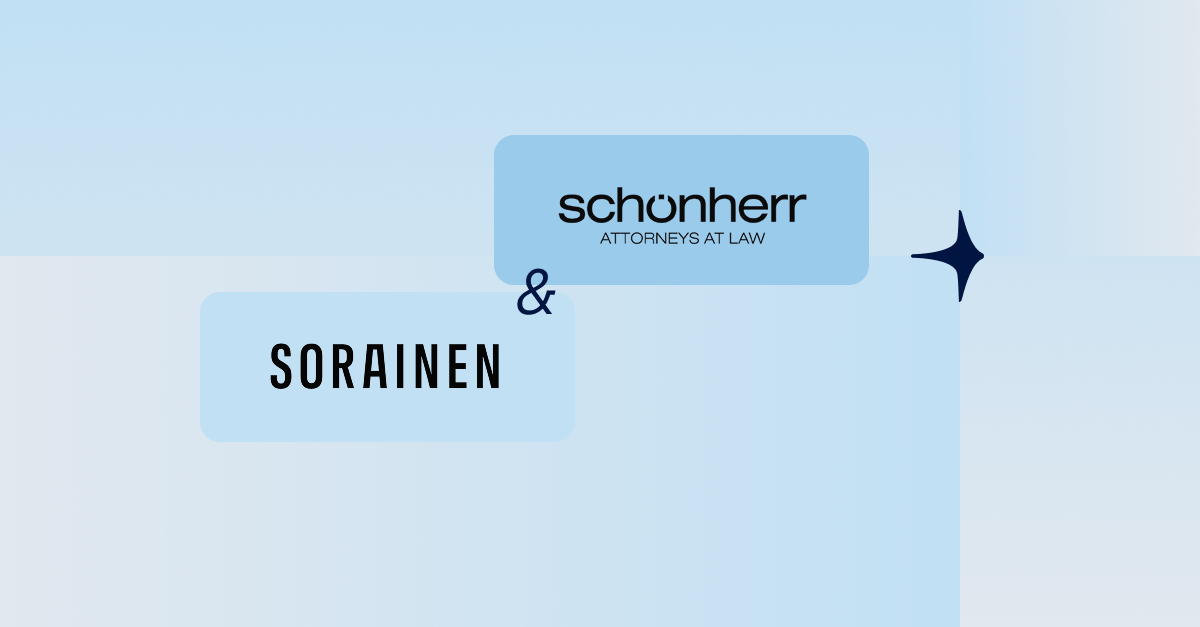The world of mergers and acquisitions comes with its own language – one filled with financial, legal, and technical terms that can sometimes feel overwhelming, even for experienced professionals. Whether you’re preparing to sell your business, evaluating an investment opportunity, or advising clients through the process, understanding the key terms behind every deal is essential.
To make it easier, we’ve put together an A–Z glossary of common M&A concepts, explaining what each term means and why it matters in practice.
From Assets to Zero Leakage, this guide offers a quick reference to help you navigate deal-making with confidence and clarity.
A – Assets
Everything a company owns that has value, either tangible (buildings, equipment, inventory) or intangible (IP, contracts, goodwill).
Often in asset deals, the buyer only acquires specific assets (and sometimes assumes certain liabilities).
B – Break Fee (or Termination Fee)
A fee payable if one party walks away from a signed deal under certain circumstances, compensating the other party for wasted costs.
C – Closing
The moment when the deal formally completes, ownership transfers, and purchase price is paid.
D – Due Diligence
The investigative process where the buyer (and advisors) review the seller’s financial, legal, tax, operational, and commercial information before closing.
E – Earn-Out
A mechanism where part of the purchase price is contingent on the future performance of the target company. Useful when buyer and seller disagree on valuation.
F – Financing
Refers to how the buyer secures the necessary funds to complete the acquisition. This typically includes loans, equity, or other financial arrangements, and can impact both the timing and risk of the transaction.
G – Goodwill
The premium paid above the fair market value of net assets. Usually reflecting brand, customer relationships, and synergies.
H – Holdback (or Escrow)
A portion of the purchase price that the buyer withholds for a set period after closing, to cover potential indemnity claims or unresolved issues.
I – Indemnity
A contractual promise by the seller to compensate the buyer for losses if certain warranties/representations turn out to be untrue.
J – Joint Venture (JV)
Sometimes an alternative to a full acquisition. Parties come together to combine resources in a jointly owned entity rather than one buying the other.
K – Key Employees
Contractual protections ensuring critical people (founders, top execs) remain with the company post-deal, often linked to retention bonuses.
L – Letter of Intent (LOI) / Term Sheet
A non-binding document outlining key terms of the proposed deal (price, structure, conditions) before the definitive agreement is negotiated.
M – Merger Control
The regulatory process where competition/antitrust authorities review and approve (or block) transactions that meet certain turnover/market share thresholds. This applies across the EU, UK, and many other jurisdictions.
N – Non-Compete / Non-Solicit
Restrictions placed on the seller (and often management) from competing or poaching employees/customers after the sale.
O – Offer Price
The agreed purchase price for the target, expressed as enterprise value, equity value, or price per share.
P – Post-Closing Covenants
Obligations the buyer or seller must perform after closing, such as integration support, transition services, or non-compete compliance.
Q – Qualifying Offer
A term sometimes defined in shareholder agreements or auction processes, referring to an offer that meets pre-agreed conditions (e.g. minimum price, cash consideration).
R – Representations and Warranties
Statements by the seller about the condition of the business. If false, buyer can claim damages (through indemnities).
S – Share Purchase Agreement (SPA)
The definitive contract governing the sale and purchase of shares (or assets, in an APA).
T – Tag-Along / Drag-Along Rights
Tag-along: Minority shareholders can sell on the same terms if majority sells.
Drag-along: Majority can force minority to sell if buyer wants 100% control.
U – Underwriting
When an investment bank or lender guarantees financing or securities issuance to support the transaction.
V – Virtual Data Room (VDR)
Secure online repository where due diligence documents are uploaded, reviewed, and managed during the transaction.
W – Working Capital Adjustment
Adjustment at closing to ensure sufficient short-term liquidity is transferred with the business (e.g. AR, AP, inventory).
X – Exclusivity (sometimes called “No-Shop” or “Xclusivity Clause” informally)
Period during which the seller agrees not to solicit or negotiate with other bidders while negotiating with one buyer.
Y – Yield
The return on an investment. In debt-financed acquisitions, it is often used to measure the cost of debt or the investor’s return.
Z – Zero Leakage
In locked-box pricing, a covenant preventing the seller from extracting value (dividends, management fees) between the locked-box date and closing.










